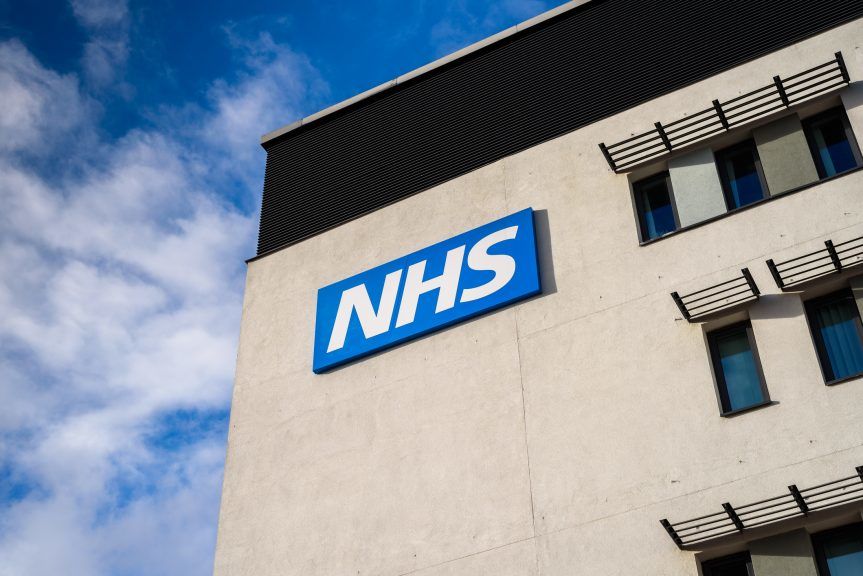More than 2,000 planned operations were cancelled at short-notice in August, according to new figures released on Tuesday.
Data from Public Health Scotland (PHS) shows 2,110 operations were cancelled the day before or on the day the patient was meant to be treated.
That was 8.5% of all planned operations, the same figure as the previous month but slightly higher than the pre-Covid figure in 2019 of 8.4%.
Some 3% of operations were cancelled by the hospital for clinical reasons, another 3% were cancelled by the patient, and 2.1% were cancelled by the hospital due to capacity or non-clinical reasons. A total of 0.3% of cancellations were for “other reasons”.
Overall, the number of operations taking place across the NHS increased by 3.1% to 24,750 compared to the same time last year.
Scottish Conservative shadow health secretary Dr Sandesh Gulhane said: “These last-minute cancellations are absolutely soul-destroying for patients, who’ve already endured months of pain and anxiety, only to be told there is no light at the end of the tunnel.”
He added: “This is the brutal legacy of Humza Yousaf’s pathetic Covid recovery plan, which even Nicola Sturgeon admitted was awful. If the numbers are this bad now, then patients and frontline staff are in for a gruelling winter.”
Scottish Labour health spokeswoman Dame Jackie Baillie said: “It’s three years since the end of lockdown yet this SNP government’s long-promised NHS recovery is already running out of steam.
“Nearly one in six Scots are on an NHS waiting list yet operating theatres are not working at full capacity – the SNP must act quickly to reduce the backlog and end the misery for patients waiting in pain.
“Scottish Labour will bring the waiting lists down by paying for extra capacity in public or private facilities across the UK and ensuring the money follows the patient not the health board.
“It’s the new direction our NHS needs.”
Delayed discharge keeping more Scots in hospital
NHS Scotland lost approximately 1,964 beds per day to delayed discharge in August, according to PHS. The number has steadily increased from 1,852 in May.
It means people are waiting longer than needed to leave the hospital, often due to a lack of community care or social services.
It was reported that 60,888 days were spent in the hospital in August by people whose discharge was delayed – a 2% decrease compared to last year (62,003).
One in 10 people waiting more than eight hours at A&E
Scottish accident and emergency performance last month was the worst for any August on record, with approximately one in ten people waiting more than eight hours for care.
Some 14,904 (10.5%) patients spent more than eight hours in A&E, and 5,953 spent more than 12 hours.
The number of people waiting more than four hours also increased again.
Overall, 68.9% of Scots were seen within the four-hour target, compared to 71.2% the month before.
Scottish Government response
Health secretary Neil Gray has said admitted that A&E departments are facing “sustained pressure”.
“This situation is not unique to Scotland with all other UK nations experiencing similar pressures,” he said.
“Despite this, Scotland’s core A&E departments have consistently outperformed those in England and Wales over the past decade.
“We are investing £200m to reduce waiting times, improve hospital flow, and minimise delayed discharges.
“We will provide direct access to specialist frailty teams in every A&E and expand Hospital at Home capacity to at least 2,000 beds by the end of 2026. These measures will help us shift the focus of care from acute to community.”
On delayed discharge figures, a Scottish Government spokesperson said: “The vast majority, 97%, of all hospital discharges happen without delay, and it’s encouraging to see that the average number of people delayed in August was 2% lower than the same period in 2024.
“But we recognise there are still too many people in a hospital setting who don’t need to be – often for complex reasons.
“That’s why we have made reducing delayed discharge a key priority, with a clear plan backed by £200 million of targeted investment to reduce waiting times and improve patient flow.”
Follow STV News on WhatsApp
Scan the QR code on your mobile device for all the latest news from around the country


 iStock
iStock
























